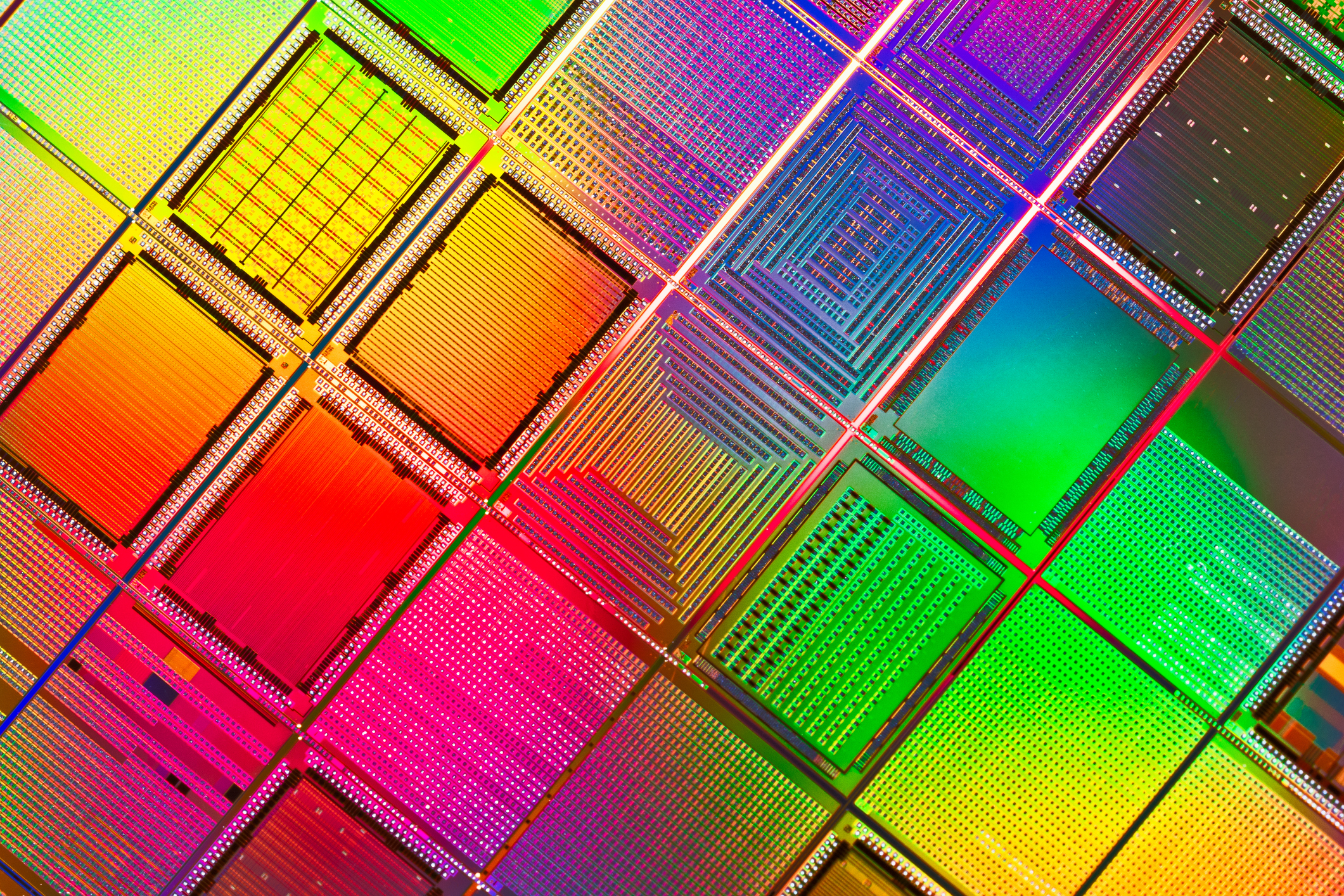Semiconductor startup Changxin Xinqiao Memory Technologies Inc. has raised 39 billion yuan ($5.4 billion) from government-backed investors, a sign Beijing is doubling down on its efforts to achieve technological self-sufficiency and counter US sanctions.
In its latest funding round, Hefei-based Changxin Xinqiao secured 14.6 billion yuan from the state-backed China Integrated Circuit Industry Investment Fund Phase II in late October and funding from two other investors affiliated with the local government, according to Chinese corporate data provider Tianyancha.
[time-brightcove not-tgx=”true”]
It’s one of the biggest investments China’s flagship semiconductor fund, better known as Big Fund, has made since Beijing probed its former heads for corruption about a year ago.
Founded in 2021, the little-known Changxin Xinqiao shares some shareholders and its general manager with China’s leading DRAM chipmaker Changxin Memory Technologies Inc., which is also headquartered in the eastern Chinese city of Hefei, according to Tianyancha.
Changxin Memory aims to compete with global leaders including Micron Technology Inc. and Samsung Electronics Co., and it is planning to file for an initial public offering in China that could value the chipmaker more than $14.5 billion, Bloomberg News reported earlier this year.
Beijing has been intent on making breakthroughs in its semiconductor industry even as the US is trying to limit China’s access to cutting-edge chip technologies. It scored an early success with Huawei Technologies Co.’s release of a 5G phone with silicon made by top Chinese chipmaker Semiconductor Manufacturing International Corp. in August.
Read more: What to Know About the U.S. Curbs on AI Chip Exports to China
US President Joe Biden will meet with his Chinese counterpart Xi Jinping on the sidelines of the Asia-Pacific Economic Cooperation summit in San Francisco later this month as both sides seek to ease tensions. Still, there is no sign to suggest that Washington will loosen any technological curbs after Beijing tightened rules on the use of Apple Inc. handsets at government agencies and state-owned enterprises.
The Big Fund, the main financing vehicle for Beijing’s long-term semiconductor objectives, has gradually ramped up funding this year. So far in 2023, it’s made at least a dozen investments including the one in Changxin Xinqiao, Tianyancha data shows. Founded in 2014, it drew about $45 billion in capital and backed scores of companies including US-blacklisted Yangtze Memory Technologies Co., before the graft probe chilled activity.

